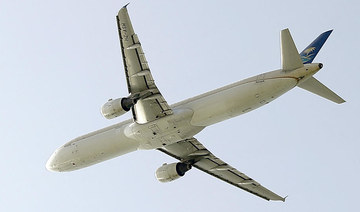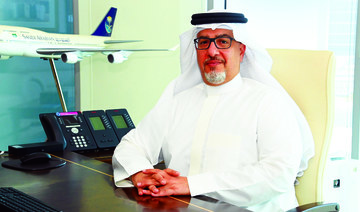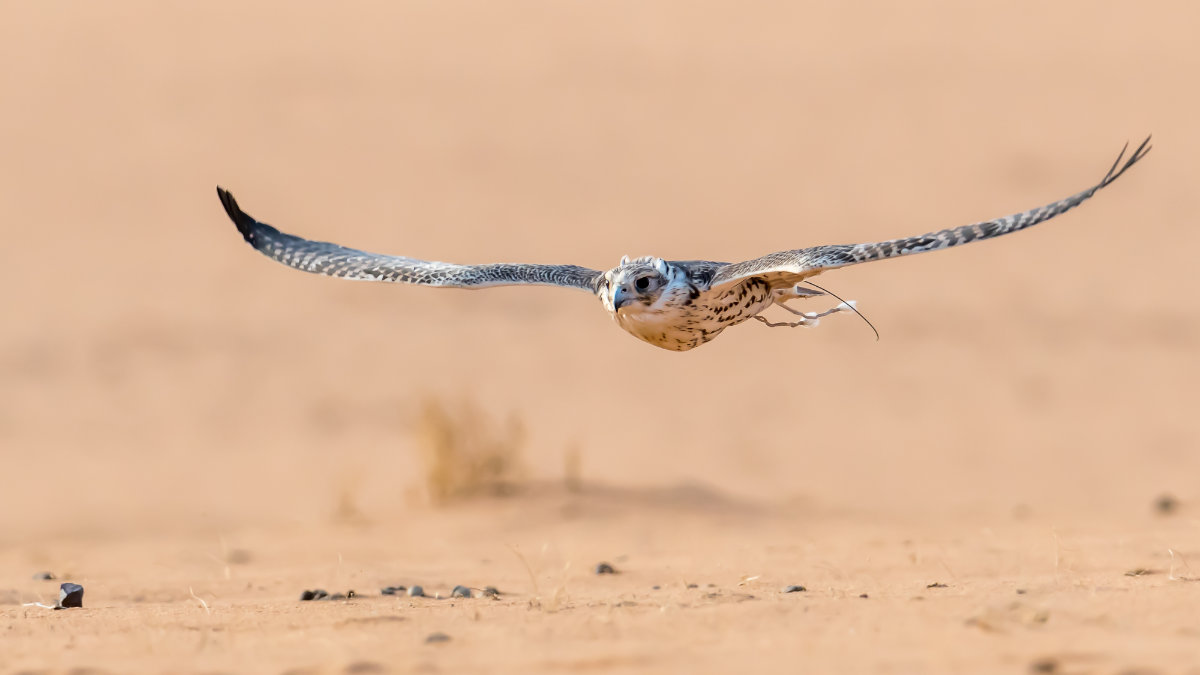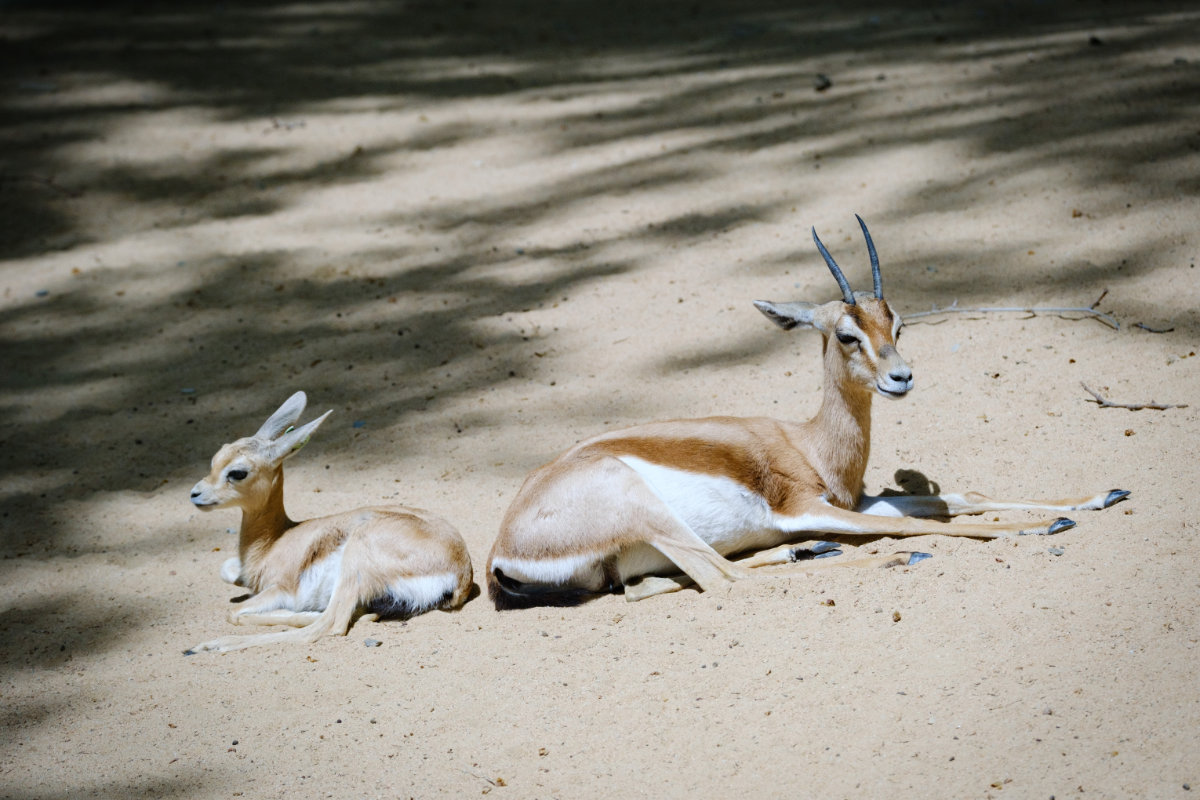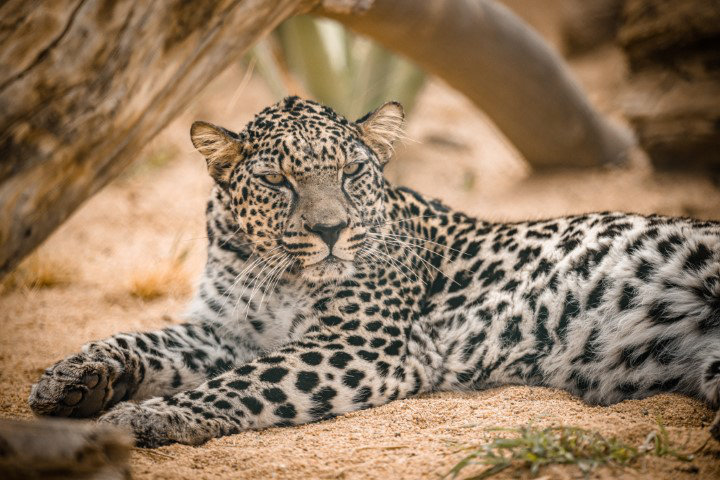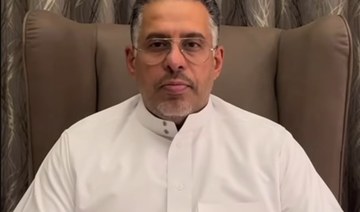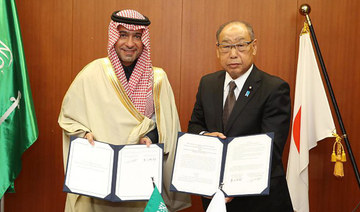JEDDAH: With summer knocking on our doors, Saudi travelers will head to the Kingdom’s airports for their first international journeys in over a year — but many face challenges ahead.
After more than 14 months of international flight bans, Saudis are ready to don their blue disposable face masks and use up their air miles on May 17.
Almost 11.5 million residents of the Kingdom have received at least one COVID-19 vaccine jab and more than 400,000 recoveries have been reported by the Saudi health ministry.
While some Saudis have restricted their holiday or business destinations to the safest areas due to COVID-19 protocols, many are undeterred by the challenges ahead and can’t wait to fasten their seatbelts.
Planning a holiday in the coming months will be far from easy — choices are limited and quarantine measures are in place in a number of destinations that are popular for summer holidays. However, many tourists are still willing to travel and face the music.
In the wake of the global pandemic, both countries and individual travelers are wary of restrictions. But even with a massive vaccine rollout in place, and authorities easing travel abroad for those who have been vaccinated and those who have recovered from the illness, many Saudis are opting to head closer to home.
“As soon as we heard that Bahrain is allowing Saudis in without the need to quarantine, we raced to book our hotel and tickets, but they were fully booked for the first week,” said 34-year old Maha Al-Hussain from Riyadh.
“My family and I had the good fortune to visit Jeddah every now and then, but we’d like a holiday for the children to roam free and swim all day, so everyone can just take a break.”
My family and I have been searching for a new and different place to travel to for a few days now and my father was adamant that we do so especially since we’re all vaccinated.
Kholoud Yousef
The mother of three told Arab News that although it is hard to book flights for seven people at the moment, the family decided to make the four-hour drive to Bahrain and hope for a smooth entry at the King Fahd Causeway.
“All of the adults are vaccinated and our children know the rules by now,” she said. “We went through hardships as did everyone this year. The trip is important for us all and we’ve been extra careful through it all. We’ll continue being careful until we’re back home again.”
Earlier, Bahrain announced that all GCC visitors who are fully vaccinated or recovered are no longer required to undergo a PCR test on arrival but must show evidence of vaccination or recovery.
For Saudis, a little more care and attention is given, with a welcome back campaign launched by the neighboring island kingdom featuring the slogan “walahna alaikom,” or “we’ve missed you.”
While the state of travel to the 20 countries on the list remains in place, airlines are ready to operate normally to many cities across the world, although a number of countries are limiting arrivals.
Several EU member states have limited arrivals from outside the EU, while others are allowing visitors back but with restrictions.
On Friday, Greek Ambassador to the Kingdom Alexis Konstantoloulos announced that Saudis wishing to travel to Greece will be able to do so with a negative PCR test or vaccination certification and on completion of a passenger location form.
FASTFACTS
Saudis permitted to travel abroad: • Saudis who have received two doses of the COVID-19 vaccine.
• Saudis who have received one dose of COVID-19 vaccine no less than 14 days before the flight.
• Citizens who recovered from COVID-19 at least six months before the flight.
“Welcome back to our Saudi friends, Greece is expecting you,” he tweeted.
Pre-travel PCR tests conducted no more than 72-48 hours before arrival, travel insurance, five to 10 days of quarantine on arrival at the traveler’s expense and post-arrival PCR tests are among the requirements a number EU member states are requesting, but the numbers are limited as many countries are restricting nonessential travel.
The UK, a favorite destination for many Saudis, will require self-isolation on arrival as Saudi Arabia remains in its amber category. The list will be reviewed every three weeks, according to UK officials.
Malaysia, Singapore, Hong Kong, South Korea, Australia, Russia, Spain, Poland, Vietnam, Czech Republic and Belgium are among countries still suspending international tourist arrivals.
Citizens are urged to review travel restrictions for each destination as each country requires a different set of requirements before traveling and on arrival.
“Dubai is next,” said 32-year-old PR director Yousef A. “I’ve visited Dubai many times in the past few years and it has become something of a second home for my family and I,” he told Arab News.
“I did my homework. Saudi Arabia is on the UAE’s safe ‘green list’ and no quarantine is required. As soon as the Saudi authorities allow it, that will be my next destination.”
The search for relaxed COVID-19 restrictions has been continuing for weeks after news was confirmed that the Kingdom’s travel ban would be lifted on May 17, but it is a struggle, as 27-year-old Kholoud Yousef explained to Arab News.
“We initially planned on traveling to Bali during the first week after the ban was lifted, but when we heard we’d have to quarantine for five days and take two PCR tests, we realized it would take a good chunk out of our holiday time and we don’t want to be holed up in our hotel rooms,” she told Arab News.
“My family and I have been searching for a new and different place to travel to for a few days now and my father was adamant that we do so especially since we’re all vaccinated.
We’re putting Bali on hold for now and heading to Morocco next week, and it was an easy choice. All we needed was a confirmed hotel reservation. It feels good to know that we can travel again. Hopefully, this is going to be one great trip.”





